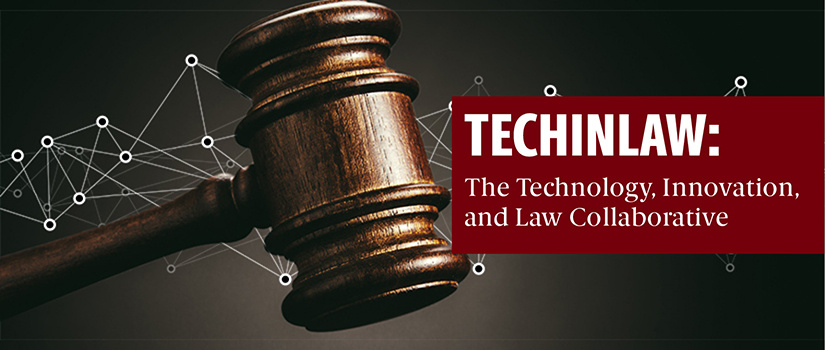All law is technology law. Regulating railroads, litigating automobile crashes, protecting digital privacy, and governing artificial intelligence have all involved the technologies of their time. Today, technology law can refer to:
- Innovation law in the narrow traditional sense (i.e., intellectual property law).
- Data ownership, access, security, protection, and discovery (e.g., privacy law and cybersecurity law).
- The relationship between law and technology in the past, present, or future (e.g., robot law).
- The legal implications of new technologies (e.g., legality of electronic surveillance).
- The use of new technologies in the practice of law (e.g., contracts written by generative AI).
- The provision of legal services through new technologies (e.g., automated online wills).
- Code/technology as law (e.g., programmable rules of the road).
- Competency in the technologies that the law will confront (e.g., basics of machine learning).
- The use of new technologies in legal education (e.g., classes with augmented reality).
- Policymaking for new technologies (e.g., advocating for different liability rules for internet platform companies).
Everything in law—from tax to trusts—implicates technology. Corporate attorneys and environmental attorneys must understand law and technology just as technology lawyers must understand corporate law and environmental law.
The Collaborative addresses these issues through a wide range of programming.
